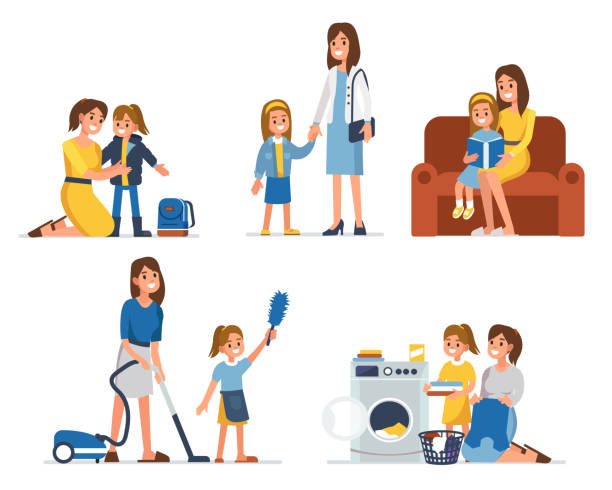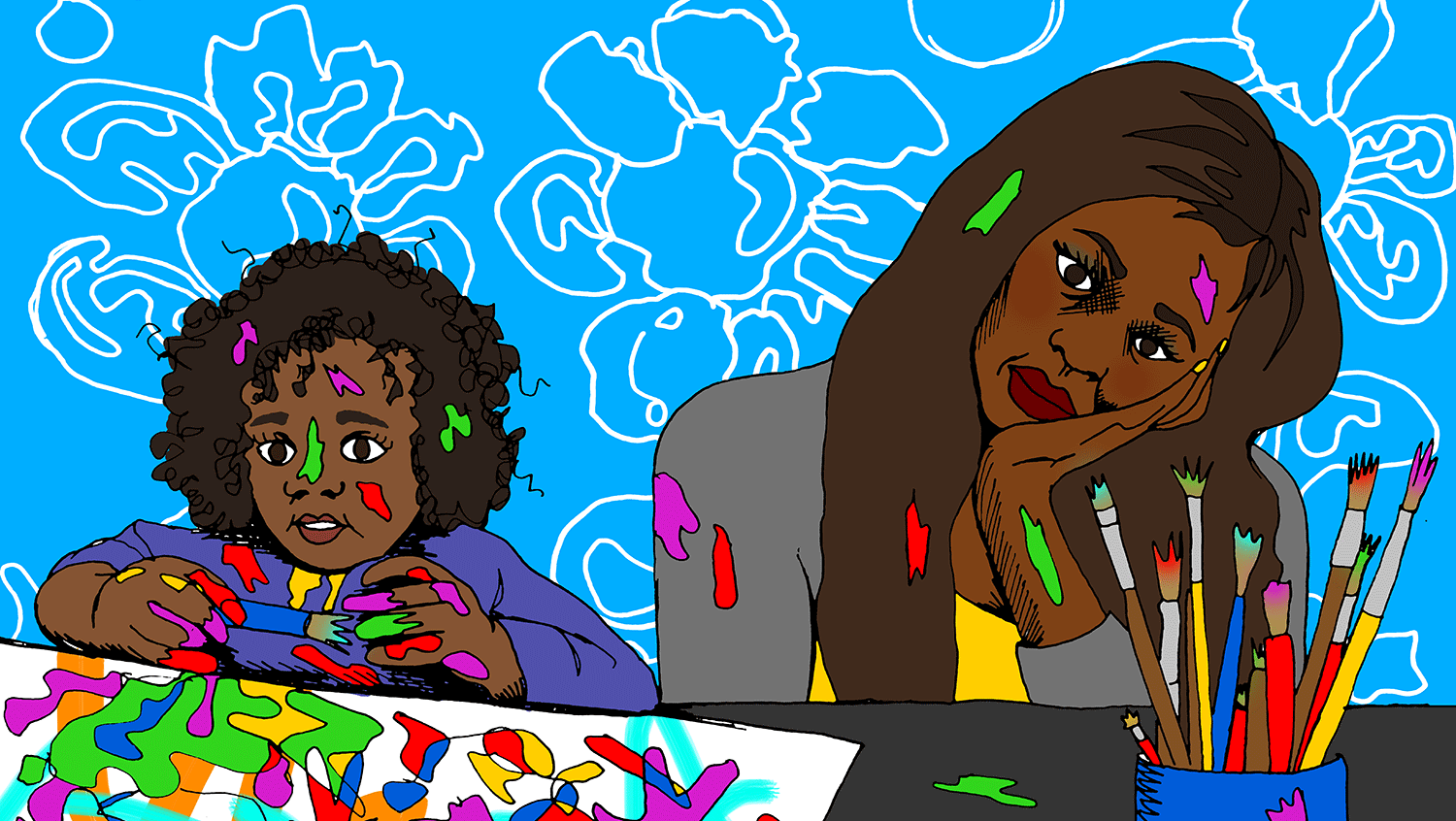Posted by Jagriti Gangopadhyay
In her debut novel, “Amy and Isabelle”, Elizabeth Strout, details the perils of being a single mother. The novel provides a deep account of the emotional, financial and social challenges a single mother faces to bring up her daughter in the fictional town of Shirley Falls. This novel was published in 1998 and sadly Indian single mothers continue to anguish even in contemporary times.
The Data
A recent report by the United Nations Women titled Progress of the World’s Women 2019-2020 highlighted that 4.5% (13 million), of all Indian households are run by single mothers. Though the report should have been a cause for celebration, however, additional data in the report suggests that households headed by single mothers have 38% poverty rates as compared to 22.6% for dual parent households. The other dismal fact that the report indicates is that only 13 million single mothers would have opted for this form of arrangement to bring up their child. In particular, the report also reveals that in comparison single mothers living alone, a larger number of lone mothers (32 million) chose to reside with their extended families to receive some form of economic support.

One of the biggest outcomes of globalization and urbanization is the rise of migrant labor. With the decline in agricultural activities, most men have to migrate from rural to urban areas in search of better employment opportunities. In such cases, even if the women become single mothers and victims of exploitation and fraud. Additionally, most of these women lack education and hence have limited job opportunities. As a result, as the data suggested most of these women as they belonged to the under privileged strata of Indian society, would not prefer to live alone and instead continue to depend on their husbands or families for support.
Though the report should have been a cause for celebration, however, additional data in the report suggests that households headed by single mothers have 38% poverty rates as compared to 22.6% for dual parent households.
Also read: Debunking Abortion Myths About Mothers On Mother’s Day
Changing role of women
With the Me Too movement and equal pay for both men and women gaining prominence in India, women were finally voicing their opinion and demanding for changes at policy level. However, the UN report shatters all myths and demonstrates that women cannot be seen as a homogeneous category. Despite various women movements acquiring momentum, nonetheless, it is the more privileged women who receives the benefits of change. The deprived women continue to be discriminated on the basis of caste and class. Hence, most women from the lower sections as the report indicated intended to receive support from their husbands and families.
The Global Stance
Based on data from 89 countries, it is estimated that there are 101.3 million households headed by lone mothers. However even in first world countries such as the USA and UK, families run by single mothers continue to be poverty ridden. For instance, a recent study by the Pew Research Center found that 30% of solo mothers and their families are living in poverty compared with 17% of solo father families and 16% of families headed by a cohabiting couple. Similarly another media report in the UK indicated that 90% of single parent families are headed by women, and poverty rates for these families are twice as much than those from two-parent families in the last five years.
Despite various women movements acquiring momentum, nonetheless, it is the more privileged women who receives the benefits of change. The deprived women continue to be discriminated on the basis of caste and class.
Single mothers and policies in India
As the number of households headed by single mothers rise in India, inclusive policies need to be formulated to aid their everyday needs. The UN report is significant and should be used as a guideline for the Government of India to frame policies for these households. However, though the report is significant, nonetheless it focuses more on the financial burden. Hence, while drafting policies, the Government of India should take note of other challenges as well such as safety, work and home balance, social stigma and insecurity.

Also read: What Its Like Being A Single Mother Raising A Girl
With the release of the UN report, it may be suggested that single mother households are gradually becoming a reality. Thus, policy level changes should be incorporated at all levels from the household to the workplace to reduce the everyday struggles of single mothers in India.
Jagriti is a Post-Doctoral Fellow and Faculty of Sociology at the Manipal Center for Humanities, Manipal Academy of Higher Education (MAHE). She has finished her PhD in Sociology from IIT Gandhinagar. You can follow her on Facebook.
Featured Image Source: Metro
About the author(s)
Guest Writers are writers who occasionally write on FII.




